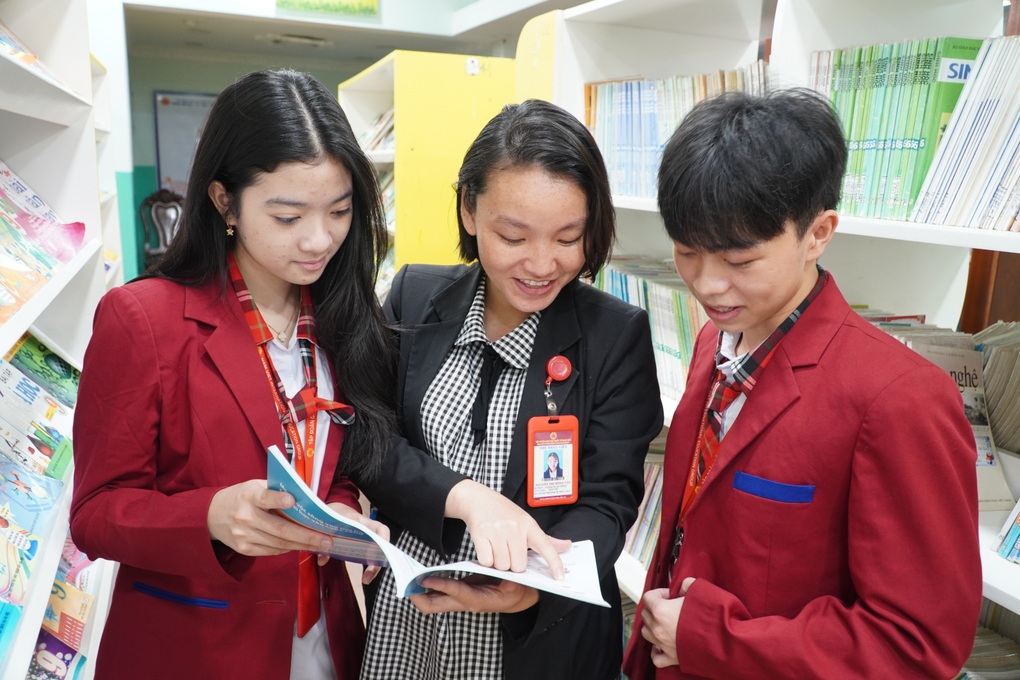
Teachers and students of Nam Viet High School, Ho Chi Minh City (Photo: Huyen Nguyen).
This school year, the education sector is facing unprecedented opportunities. Never before has the Party and State paid as much attention and expectation to education and training as they do today.
The most important of these is the recent issuance by the Politburo of Resolution 71-NQ/TW on breakthroughs in education and training development. This is an important political foundation to further promote the fundamental and comprehensive innovation of education and training that was established in Resolution 29-NQ/TW (2013) and continued to be emphasized in Conclusion 91-KL/TW (2024).
In the face of these strategic changes, the joint contribution of the whole society is extremely necessary.
All comments and contributions from experts and readers, please send to email: giaoduc@dantri.com.vn
The following article is the personal sharing and perspective of engineer Le Dung.
Knowledge is a common product of mankind. There are many things that mankind now uses or has that are not the product or creation, invention, discovery, or invention of any individual.
From language to writing, from folk dances or traditional costumes, from the three-room, two-wing roof of our ancestors to Cham towers, from folk medicines to the way of looking at the sky and watching the weather... all are creations of the majority, of collective knowledge, of one or more large communities, creating a cultural region, or a unique identity of a nation.
Mr. Confucius was a Confucian teacher, worshiped by our father in the Temple of Literature with Chu Van An, he copied from the ancients a sentence in the Analects, among the three people who accompanied him, one must be our teacher.
So what if there are 30 people, 300 people, 3,000 people, 30,000 people? That is a boundless pool of intelligence, if we know how to exploit and use it effectively.
Resolution No. 29/2013 of the Central Executive Committee on fundamental and comprehensive innovation in education and training and recently Resolution 71 of the Politburo on breakthrough in education and training development are paving the way for such exploitation and use.
By all reasonable methods, all possible resources, all possible ways to raise the level, all possible efforts to motivate, encourage, and inspire both students and teachers, so that through that, we can accumulate the infinite wisdom of the collective, of the majority.
Everyone together finds a common voice, to create an education system that achieves new achievements, responds to the problems posed by reality, reorganizes the country, enters a new era, as Uncle Ho taught, rebuilds our country to be more beautiful.
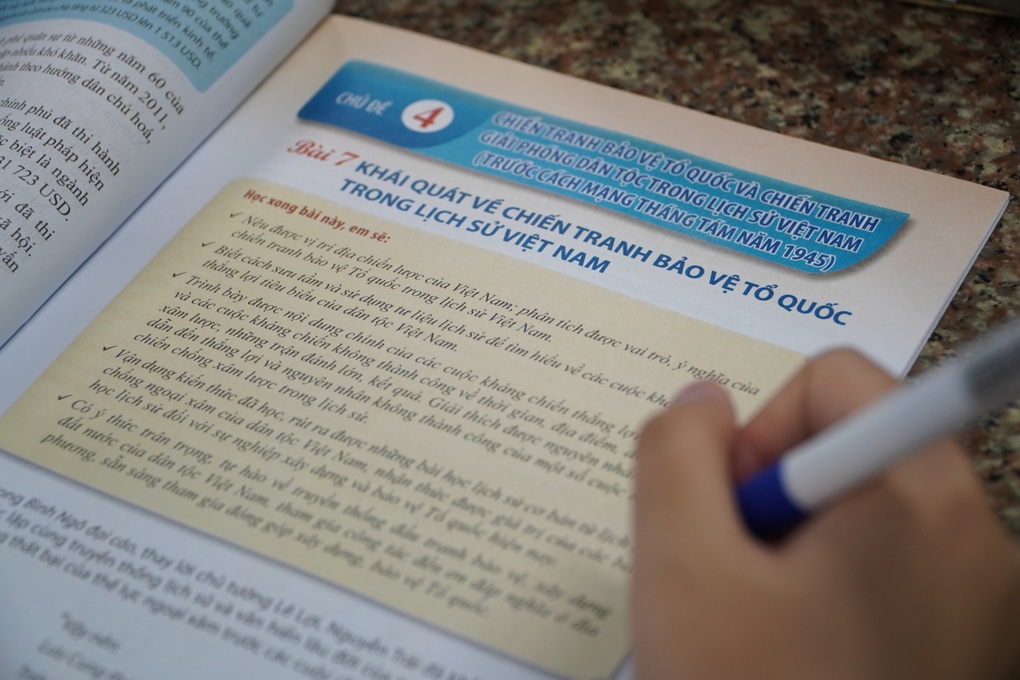
The government aims for students to use a unified set of textbooks nationwide from 2026 (Photo: Huyen Nguyen).
According to statistics up to September 2024, our country has 1,659,589 teachers, lecturers and education managers. While before the August Revolution in 1945, our Party had only 5,000 members, unanimously determined to regain independence, autonomy and self-reliance.
So, more than 1.6 million teachers who are unanimous, unanimous, and determined to join hands for the country's education are a force that can "move mountains and fill seas".
So, how can we gather the strength of more than 1.6 million people shouldering the mission of education? In my opinion, there are 3 issues that need attention.
One is to consolidate, maintain and promote the spirit of Resolution 29, considering textbooks as learning materials, so that the intelligence of more than 1.6 million teachers and more than 25 million students nationwide can freely create, adjust and adapt according to the level of each residential area, promoting their own colors, on the basis of established basic standards. At that time, a unified set of books or 10 sets of books is not an important issue.
Second, the right to set questions must be separated from the school. One of the requirements of Resolution 71 is to continue to innovate assessment methods, ensuring honest assessment of learning and teaching results.
Because old habits are still deeply rooted, the bad habits of zoning, limiting, providing sample papers, or rote learning still exist somewhere in schools, because the right to set questions still belongs to the school.
To break down those limitations, completely liberate the educational mindset that depends on pre-prepared "cheat sheets", and bring education back to its true nature, the exam questions must be issued by an agency independent of the school.
The immediate solution is to use the exam questions from one commune to test for another commune, from one province to test for another province. In other words, before the semester exam, all communes in the province submit exam questions to the Department of Education and Training. And when taking the exam, each commune will randomly draw lots through electronic software. The right exam questions will be tested on that exam question.
For important exams, such as the end of the school year or the end of a school level, random draws will be used between provinces. The provinces will submit the exam papers to the Ministry of Education and Training, and the Ministry will implement the random draw.
The long-term solution is to build a question bank.
We currently have 3,321 commune-level administrative units. Communes manage education up to the end of secondary school. Each commune issues one exam, and the Ministry of Education and Training has 3,321 exams in the question bank.
As measures and standards for assessment and testing are developed, they will be more widely implemented.
The whole country has 12,166 primary schools, 10,753 secondary schools, and 2,949 high schools. If each commune and each province is required to provide the number of questions, equivalent to the number of schools they manage, corresponding to each level of education, the Ministry of Education and Training will have 12,166 exam questions for each grade at primary school, 10,753 exam questions for each grade at secondary school, and 2,949 exam questions for each grade at high school.
Thus, in 6 months to 1 year, the data for the national exam bank has reached tens of thousands of questions.
If you work continuously for 5 years, updating, revising, supplementing and perfecting, that number will reach millions of different topics.
No teacher or student can teach or learn by heart in the vast ocean of knowledge prepared by millions of teachers, so only by actually studying can one cope.

A creative teaching session by a teacher at Luong The Vinh Primary School, Thong Tay Hoi Ward, HCMC (Photo: Huyen Nguyen).
The third problem is the learning materials and data for teachers and students.
For decades, both teachers and students have only relied on textbooks, studied textbooks, and taken textbook exams, leading to a lack of need to read to expand knowledge.
Because the need to study for exams overwhelms the need to study to live, to know, to do. Over time, the habit of reading fades away, leading to a sad result: the average number of books read outside of textbooks by Vietnamese people is less than 1 book/year, equal to 10% of that of Thailand and China.
Therefore, it is very necessary to restore the reading habit that existed since our ancestors' time. Not too long ago, only a few decades ago, communist soldiers in prison taught each other math, physics, chemistry, literature, and art, as displayed at the Con Dao Museum.
To instill the habit of reading in those who do not have the habit, it is necessary to impose it and provide them with the tools. Therefore, it is urgent that the Ministry of Education and Training issue a list of compulsory and recommended reading materials as Russia, Poland, Australia and many other countries in the world are doing.
To have a reading list, it is necessary to select and urgently translate to meet the State's standards for the fundamental knowledge of humanity, of which the Encyclopedias of advanced countries such as China and England are typical examples.
With a reading list and reference materials, teachers also have a reference base to expand their knowledge, while enriching the exam questions and contributing to the national exam data bank.
In conclusion, I think that when there is a database of exam questions, the practice of inviting experts to practice for national and international prizes will automatically decline. Because the exam questions for gifted students will not be in the hands of experts, but in the question bank. No one has enough knowledge to "practice questions".
At that time, schools only invited prestigious and influential intellectuals, talented artists, skilled workers, doctors, engineers, social activists with many contributions, parents who overcame difficulties to raise their children with achievements, soldiers on the border and islands and even generals with many achievements in suppressing crime, bringing a safe life to the people... to come to school to be speakers.
They are true role models, encouraging and motivating the future generations of the country, helping their children shape their personalities, build ambitions, live a virtuous life, be enthusiastic and persistent in pursuing their passions.
If determined like that, in just 5 years the education system will have clear achievements.
Engineer Le Dung
Source: https://dantri.com.vn/giao-duc/ba-yeu-to-lam-nen-mot-bo-sach-giao-khoa-ben-vung-20250919013952044.htm










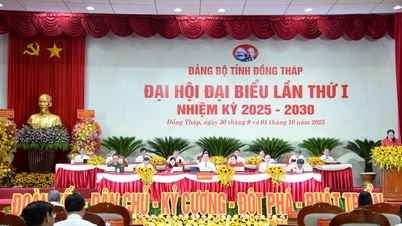

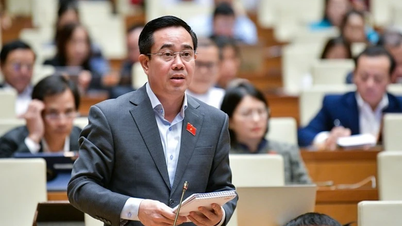

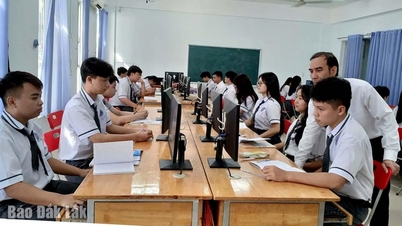





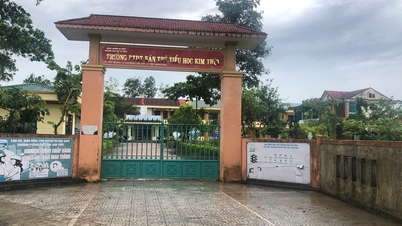

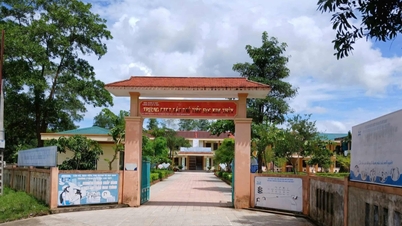

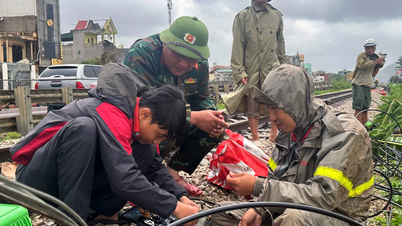

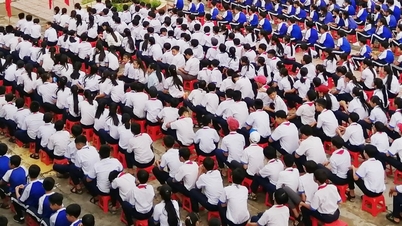
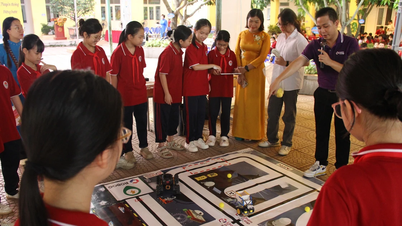






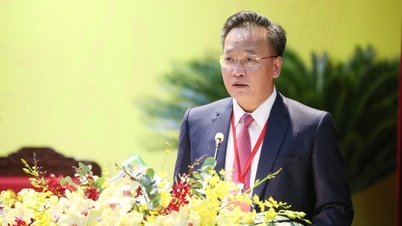
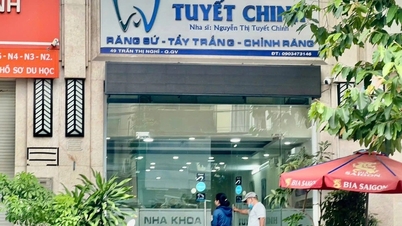

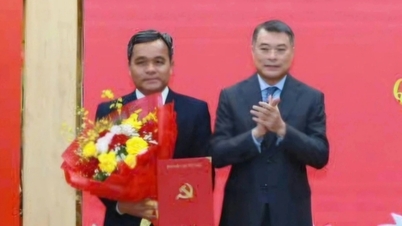
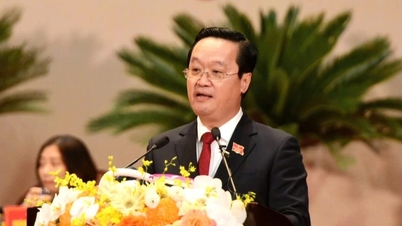

































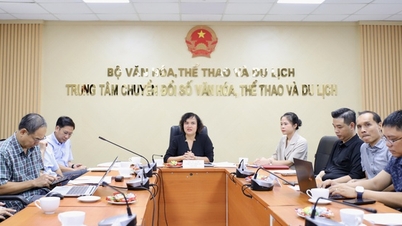
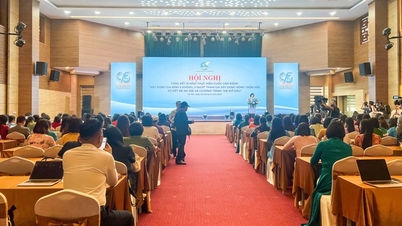
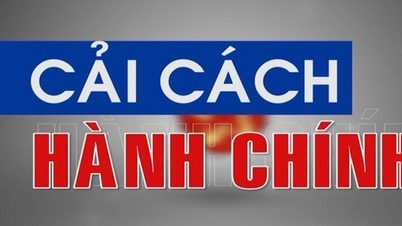





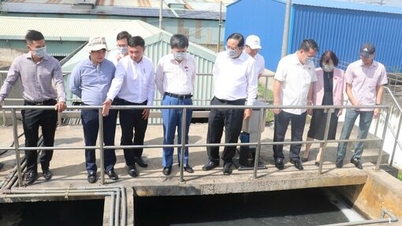



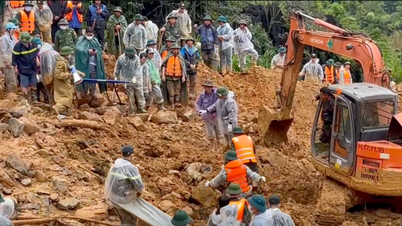

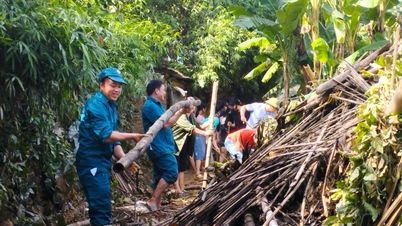

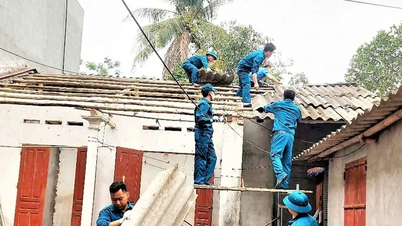













Comment (0)